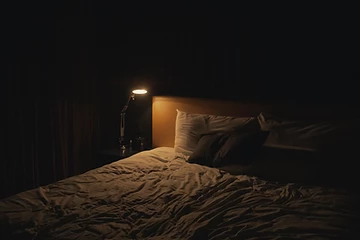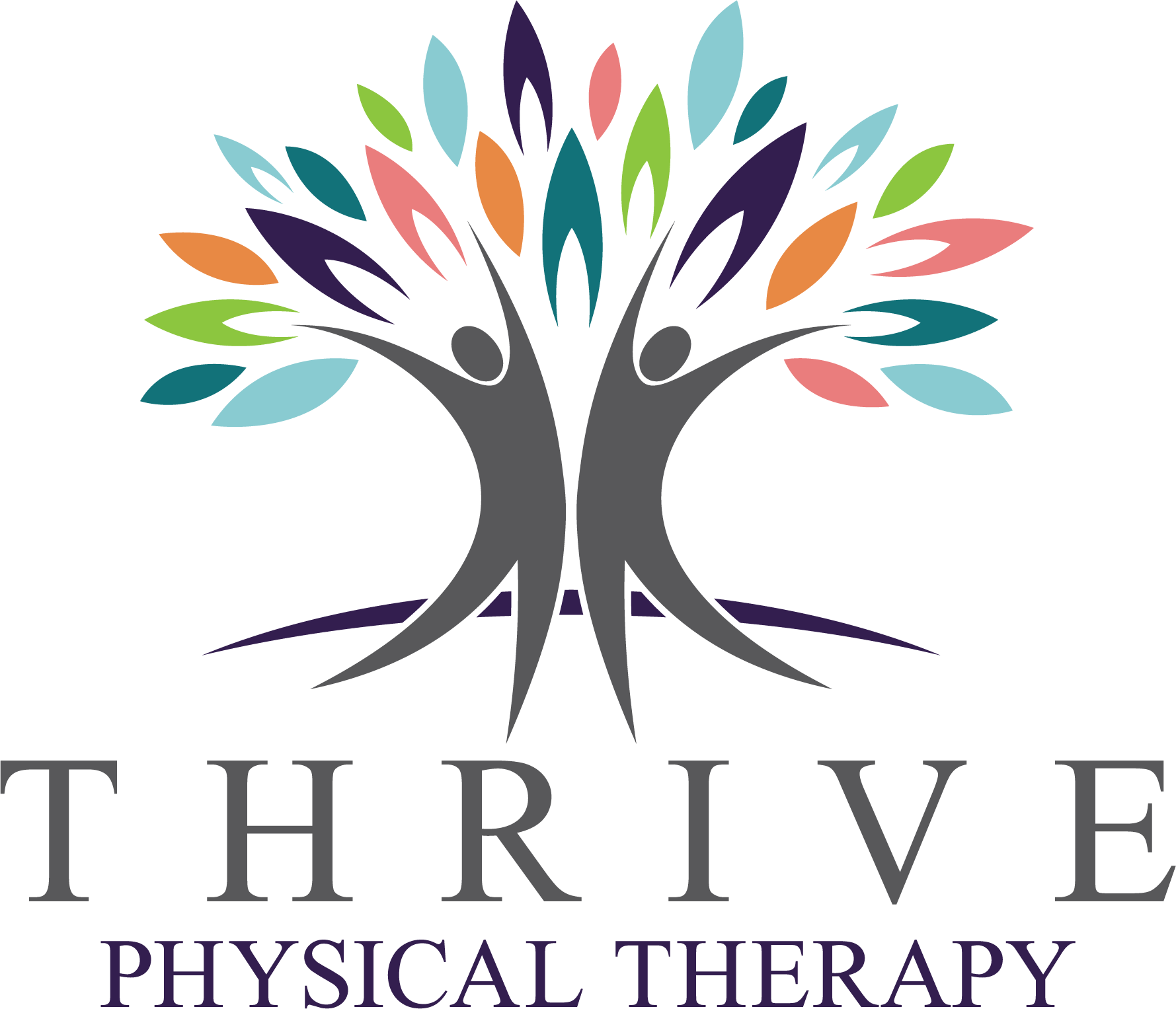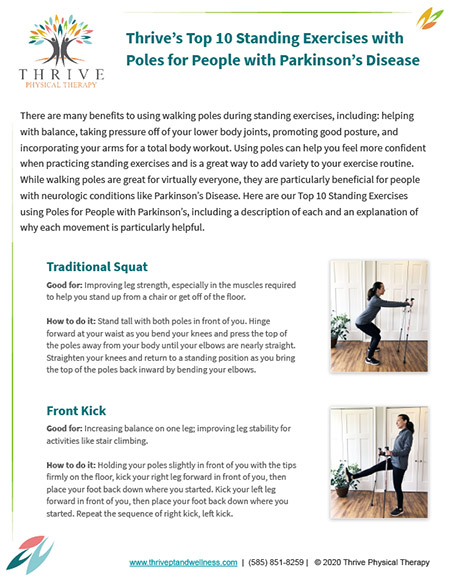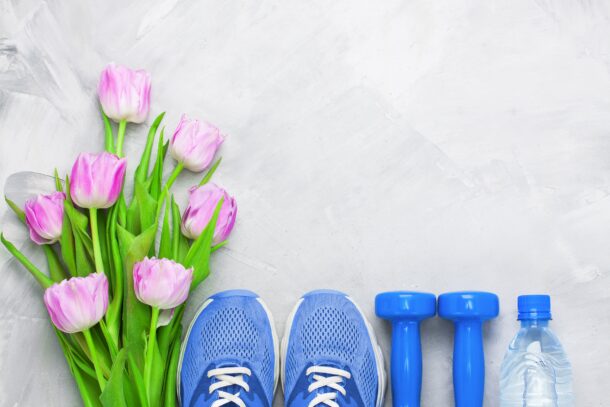Have you ever heard the saying “I’ll sleep when I’m dead”? The irony of this oft-repeated phrase by people who undervalue time spent in dreamland is that sleep is actually a key, if not THE KEY, to productivity, vitality, and healthy aging. I definitely believe that “You are what you eat” (more on that in my next post!) and the expression works as a model for a more accurate, healthy, and helpful way of thinking about sleep: “You are how you sleep.”
Experts recommend that adults strive for between 7 and 9 hours of sleep each night and that sleep should top the list of “Things to do to take care of yourself.” And although sleep has deservedly been getting more attention lately from doctors and other healthcare professionals, only 10% of adults make sleeping a priority (According to a 2018 poll by the National Sleep Foundation). Further, 1 in 3 adults don’t get enough sleep, placing them at increased risk for a myriad of health conditions.
How well we sleep affects how we think, feel, and move.
Thinking: Our levels of alertness, memory, and concentration all decrease with sleep deprivation. This can not only pose an immediate threat to our health (putting us at increased risk of having a car accident, for example), but can also have long-term consequences like increasing the risk of developing Alzheimer’s Disease. When we sleep, cerebrospinal fluid (CSF) bathes the brain, washing away metabolic waste products. When the brain is quiet (while we are asleep), blood flow decreases to the brain, allowing pulsing waves of CSF to flush out excess beta-amyloid and tau proteins. This cleansing guards the brain against cognitive decline. Sleep also plays an essential role in memory consolidation, which is essential for learning and creating long-term, lasting memories.
Feeling: A University of Pennsylvania study found that subjects who were limited to only 4.5 hours of sleep per night for one week felt more stressed, angry, sad, and mentally exhausted. Depression and anxiety are also associated with poor sleep – it’s a vicious cycle: Poor sleep increases our risks of depression and anxiety and when we feel depressed or anxious we are less likely to sleep well. The good news is that taking steps to improve your sleep can have a very positive effect on your happiness.

Not only does good sleep make us feel energized, it also builds immunity. Remember when you were sick as a kid and even though you wanted to play, your mom made you stay in bed? She was right! During sleep, your immune system releases a type of protein (called cytokines) that targets infection and inflammatory processes in the body. Without enough sleep, your body is unable to fight off infections very well. Further, if you do end up getting sick, you are more likely to feel worse and for a longer period of time if you don’t get enough sleep.
Moving: Sleep deprivation boosts the brain’s response to pain and places it into overdrive, turning up the “volume” on all types of pain. For example, stepping on a lego hurts really bad if you are exhausted, but may just be an annoyance if you’ve had a solid 8 hours the night before. This also applies to other types of pain you may experience from day to day, including pain related to arthritis and neurological problems. If a sleep deficit increases your sensation of pain associated with these conditions you will be less likely to want to move.
————————————
OK, so hopefully I’ve got you convinced that adequate sleep is vital to your well being.
Now let’s take a look at some factors that may be contributing to a less than stellar slumber:
Hydration: While adequate water/fluid intake is essential for health, do your best to drink fluids earlier in the day, at least 90 minutes before bedtime. This can help reduce nocturia (frequent need to urinate at night).
Medications: Some medications, including alpha and beta blockers for heart conditions, corticosteroids, and SSRI antidepressants, may have a stimulating effect . If you are wondering if any of your medications could be affecting your sleep, speak with your doctor.
Blue Light: Cell phones, tablets, and laptops all emit blue light, which has been found to suppress melatonin (the hormone that helps control your daily sleep-wake cycles). Turn off all electronic devices at least 2 hours before bedtime to support your body’s natural shift to begin the process of deep rest.
Alcohol: Contrary to popular belief, alcohol and a good night’s sleep do not mix well. While drinking alcohol close to bedtime may prompt you to fall asleep quickly, the quality of your sleep is going to be poor. One reason for this is that alcohol inhibits REM sleep, which is the part of the sleep cycle believed to be the most restorative. Without adequate time spent in the REM phase, you will wake up feeling foggy and have less ability to focus.
Caffeine: Caffeine is a stimulant that helps you feel more awake and is commonly found in coffee, tea, soda, and chocolate. Caffeine has a half life of 4-6 hours, meaning that’s how long it takes to break down in your body. The best way to stop caffeine from affecting your nighttime Zzs is to restrict your intake to the morning only. Caffeine is also a diuretic, which increases your need to go to the bathroom, and can therefore be another culprit for sleep interruptions.
————————————
Sleep hygiene refers to the practice of taking steps to set yourself up for good sleep and then repeating them on a regular basis. Just like any other new habit, it takes time to turn intentional sleep hygiene into a routine part of life, but the lasting positive consequences are well worth it! With consistency and practice, these steps can have life-changing benefits for your sleep and well-being.
To grab our printable Sweet Dreams Checklist to serve as a nightly guide, click here.
Step 1: Set Up Your Space
Your sleep space should feel like a sanctuary of peace, rest, and calm. Avoid doing anything in your immediate sleep space that causes you stress or heightened awareness, like work tasks or making difficult phone calls. Take a moment to consider your ideal setup for sleep, then create the reality.

What type of pillows are most comfortable for you? Is your mattress firm or soft? Is your blanket a sheet or perhaps a weighted blanket, which some people find to have a calming effect? While these are all unique personal preferences, most experts agree the space should be dark, cool, and quiet. Room-darkening or blackout curtains can help prevent the early morning sun from seeping in and waking you too early. (However, adequate illumination is essential if you are getting up to use the bathroom at night. Be sure you have a bedside lamp to turn on before getting up, as well as adequate floor lighting.) Sleep experts recommend an ambient room temperature of around 65 degrees to avoid overheating or being too chilly.
Step 2: Train your Circadian Rhythm
Set up your sleep schedule and stick to it. Our brains recognize patterns of routine; going to bed and waking up at the same time every day will help create a healthy sleep-wake cycle in which your body will predictably produce sleep neurochemicals at bedtime to help guide you into dreamland with ease. How do you know what time is a good bedtime (aka the time you should be falling asleep, not just getting into bed)? To make sure that you are getting enough sleep, it should be 8 hours before your waking time, whether that is determined by a scheduled responsibility (like work), or by your body’s natural tendencies (determine this by averaging your waking time without an alarm over 5 consecutive days).
Another important part of training your circadian rhythm is to maximize your exposure to natural light during the day. Seek bright light exposure as early in the morning as you can. Sit by a window with the blinds wide open in the morning while you read the paper or check your emails. Go for a morning walk in the sunshine and fresh air. If sunlight is at a minimum, some people (myself included) find sitting in front of a light therapy lamp in the morning very helpful.
Step 3: Exercise Every Day (but not too close to bedtime)
Daily exercise is very important for so many reasons, including to help regulate sleep. An Oregon State University study found that getting a minimum of 150 minutes of exercise every week improves sleep quality by 65% and reduces daytime sleepiness as well. However, vigorous exercise too close to bedtime can increase your brain’s wakefulness, so try to exercise at least a few hours before hitting the hay.
Step 4: Power Nap
I am a big fan of naps, especially for aging adults and people with neurologic conditions. Naps can be very refreshing and help you get through your afternoon activities with more energy and enthusiasm, BUT it’s very possible to nap the wrong way, which can really disrupt nighttime sleep and set you up for feeling poorly.
Optimal naps look like this:
-
- Timing – Take your nap 8 hours after you wake up. Napping too close to bedtime can disrupt your circadian rhythm.
- Positioning – Nap lying down horizontally. This doesn’t have to be, and perhaps shouldn’t be in your bed (which you want associated with a much longer duration of sleep); A couch or recliner may work just fine for naps. Just make sure you are comfortable and that anyone around you knows you are taking your nap and will support you in your rest by being quiet.
- Duration – Sleep between 20-30 minutes. This keeps you within the earlier, lighter stages of sleep, so waking up will be easier on your body and you can transition into your activities soon after you wake. Napping for too long during the day can adversely affect how well you sleep at night. If you are feeling extra tired and haven’t been able to sleep a full 8 hours, you may need a longer nap once in a while. If this happens, aim for a 90 minute nap instead, which is a full sleep cycle.
Step 5: Bedtime Ritual
Find an enjoyable bedtime ritual that helps signal your body that sleep is coming soon. This can be as simple or as extravagant as you want. Examples of activities that can be made part (or all) of a ritual include taking a hot shower, lighting a candle while reading a book, or applying a hand cream that has a calming fragrance. Signal your sympathetic (fight or flight) nervous system that it’s time to let the parasympathetic (rest and digest) take over. You can do this by focusing on your breathing while spending a few minutes in quiet meditation, or with a gentle stretching routine (here’s one I made for you!). You can give your body and brain another signal that it’s almost time to sleep by changing out of your daytime clothes and into comfortable pajamas.
Good sleep and enough of it is essential for our well-being. Taking these steps to improve your sleep is one of the most important things you can do to improve your brain health and your body’s immunity.
Sweet Dreams,
Ashley







